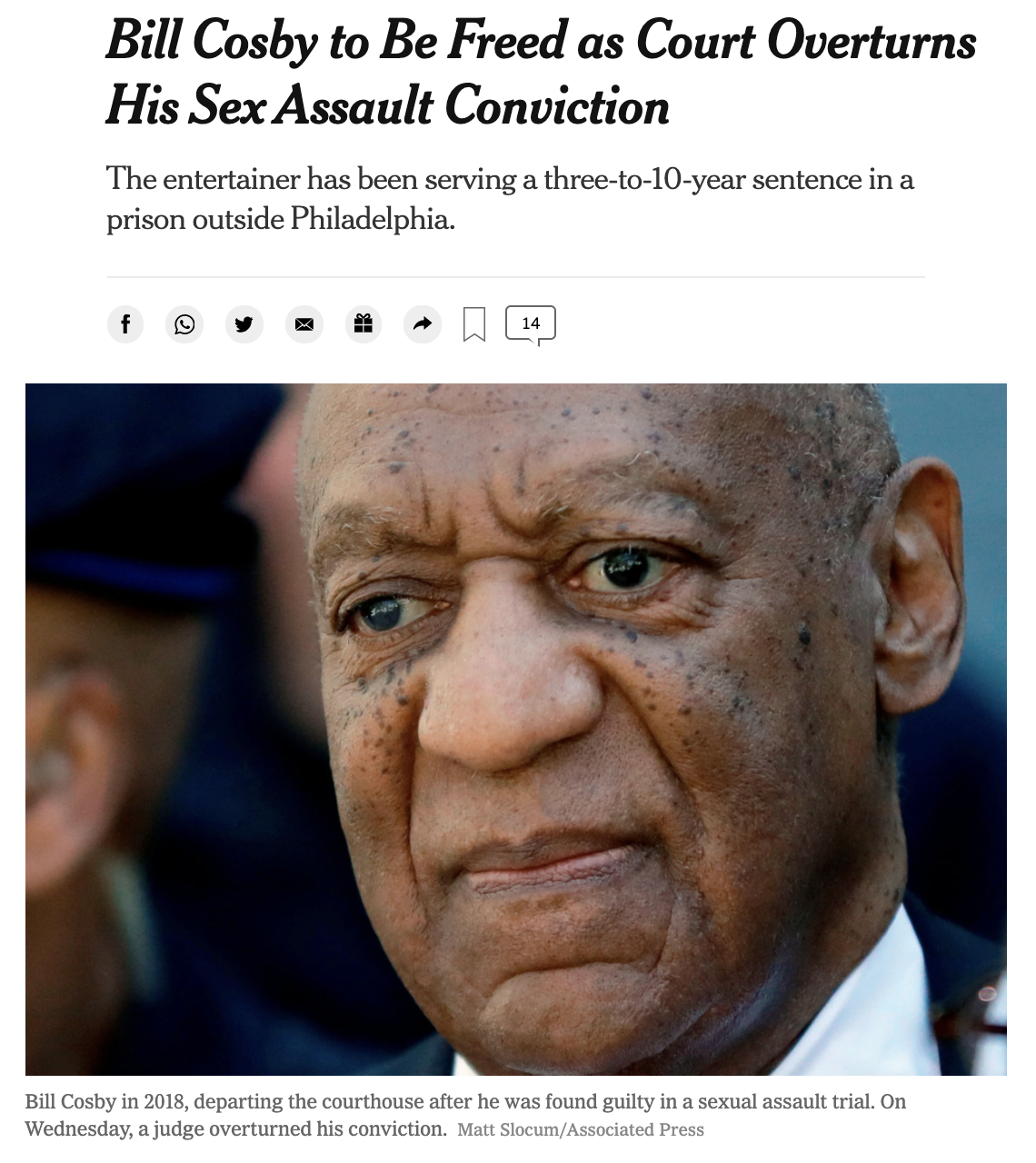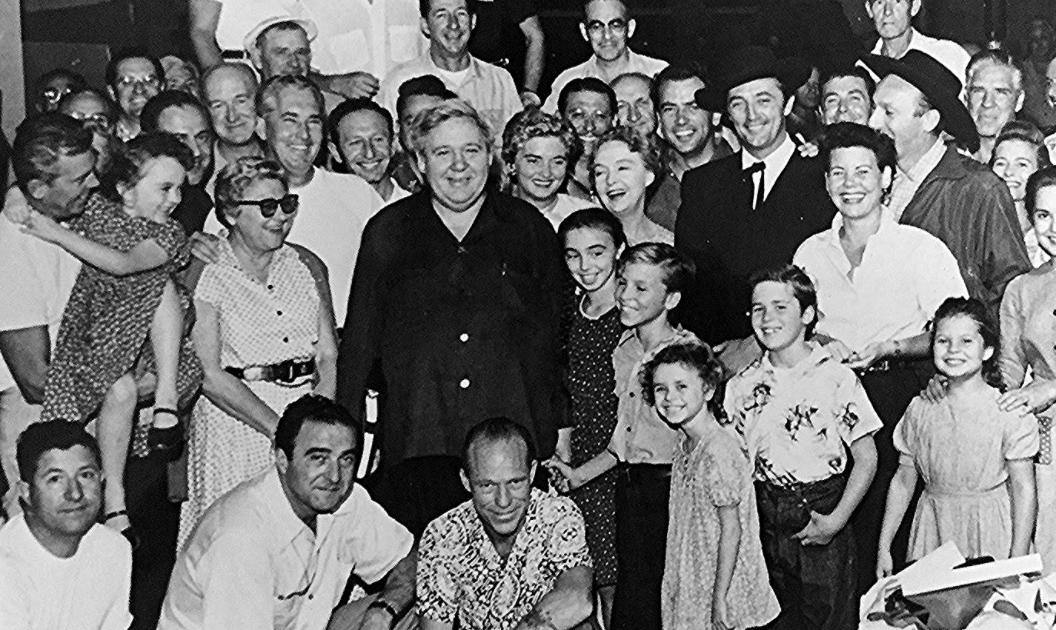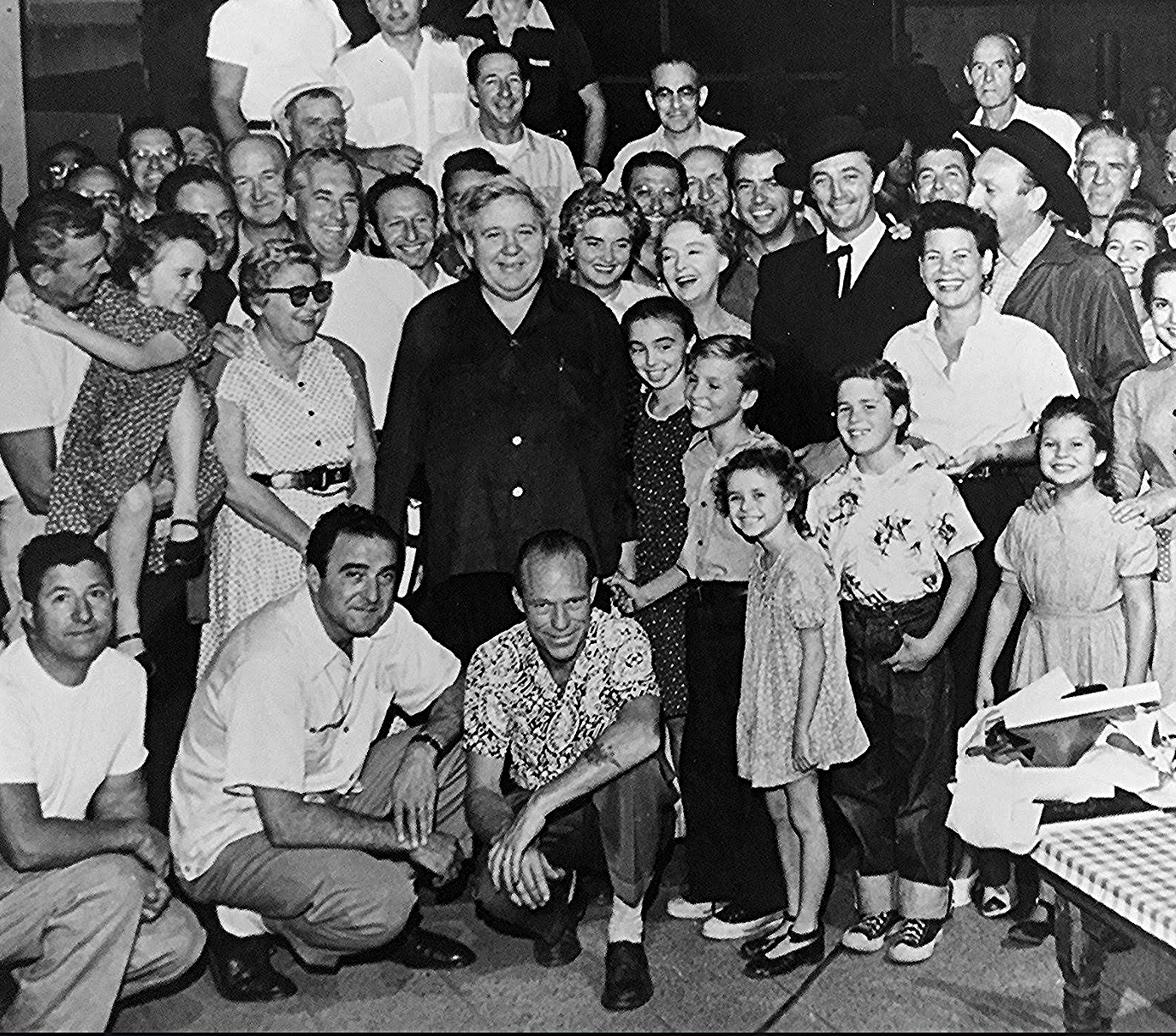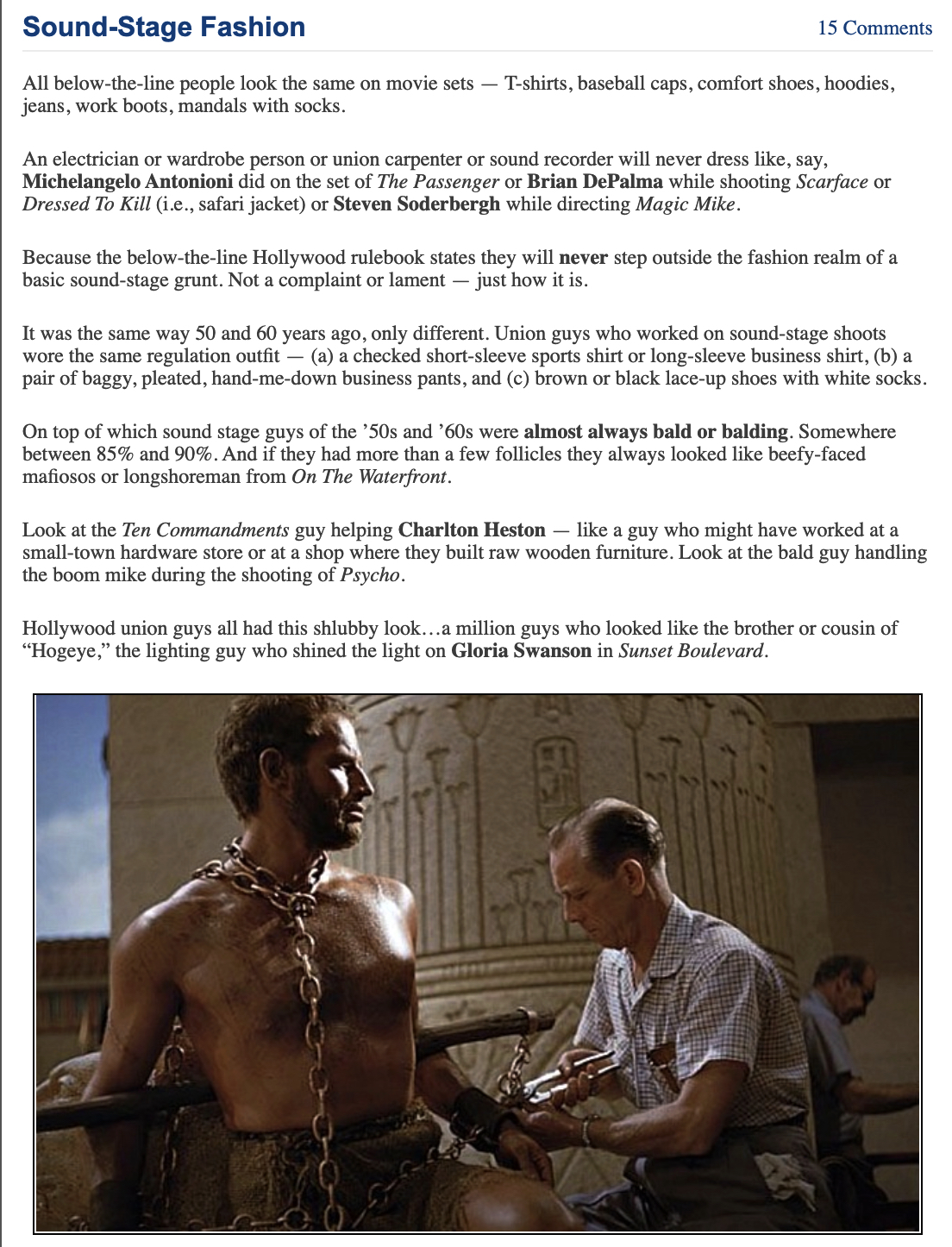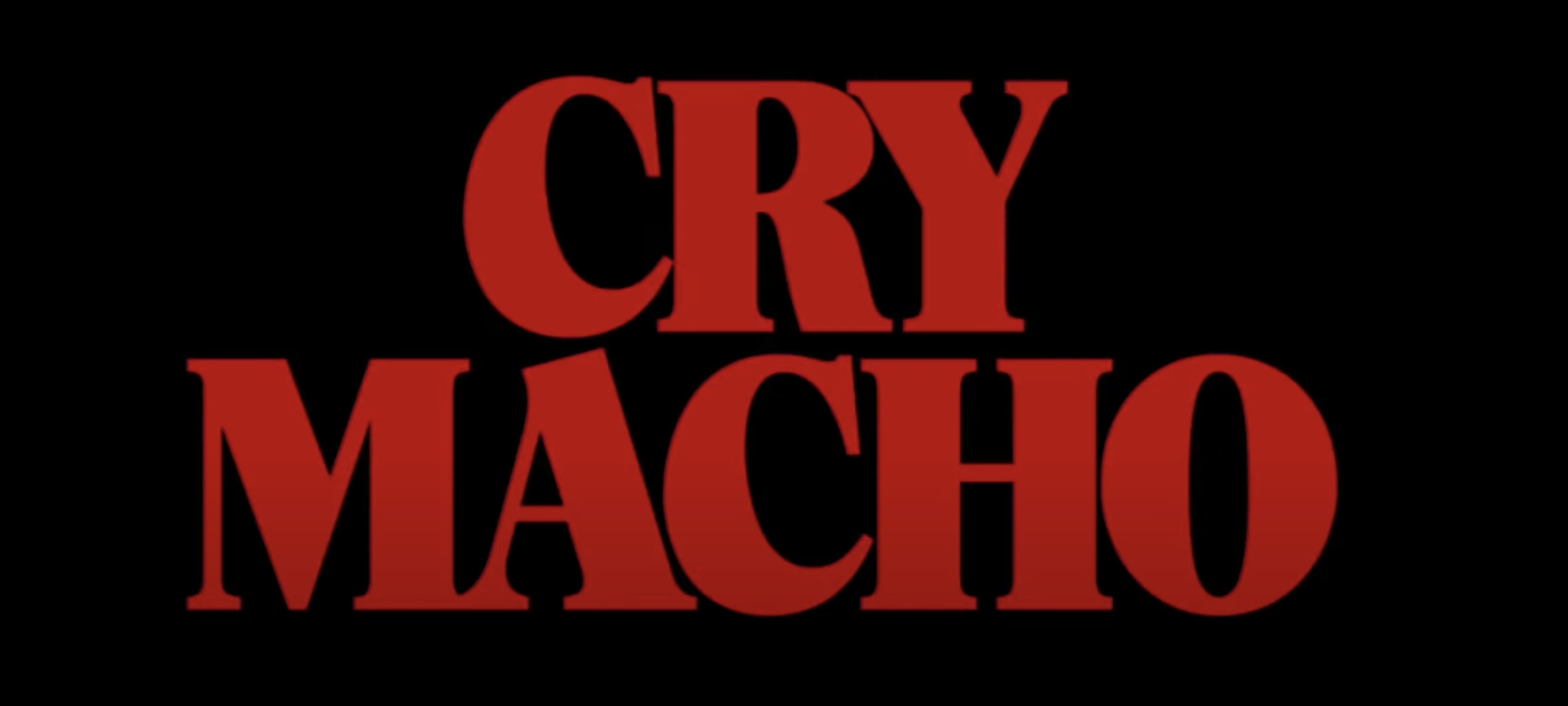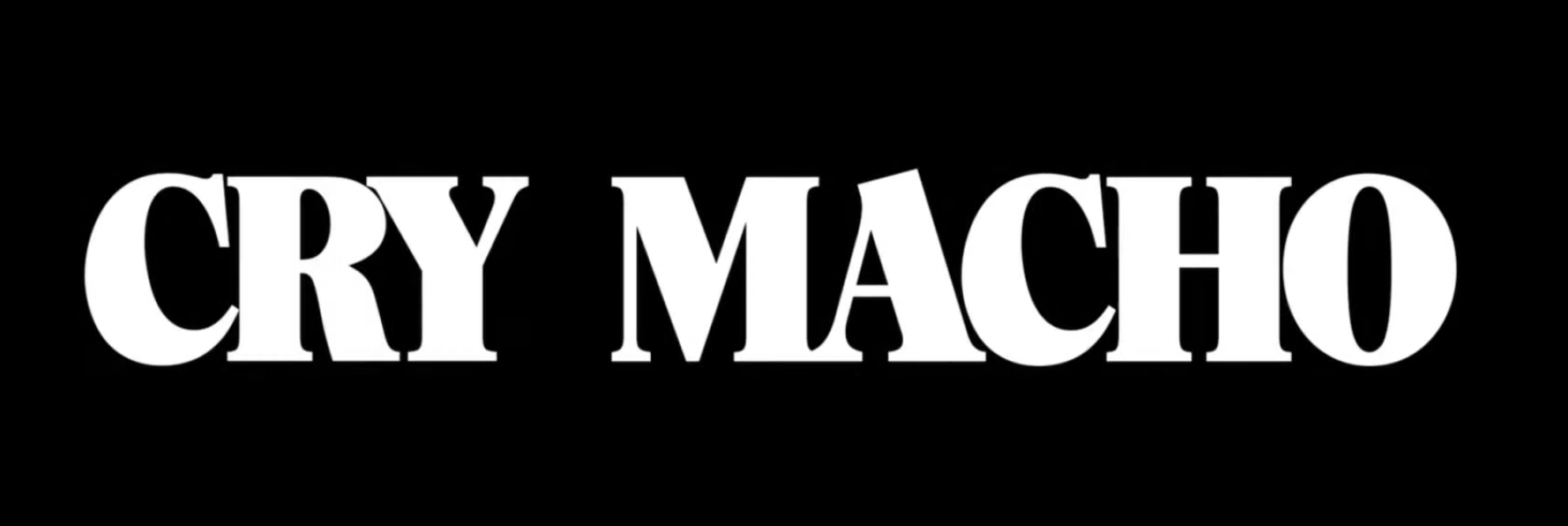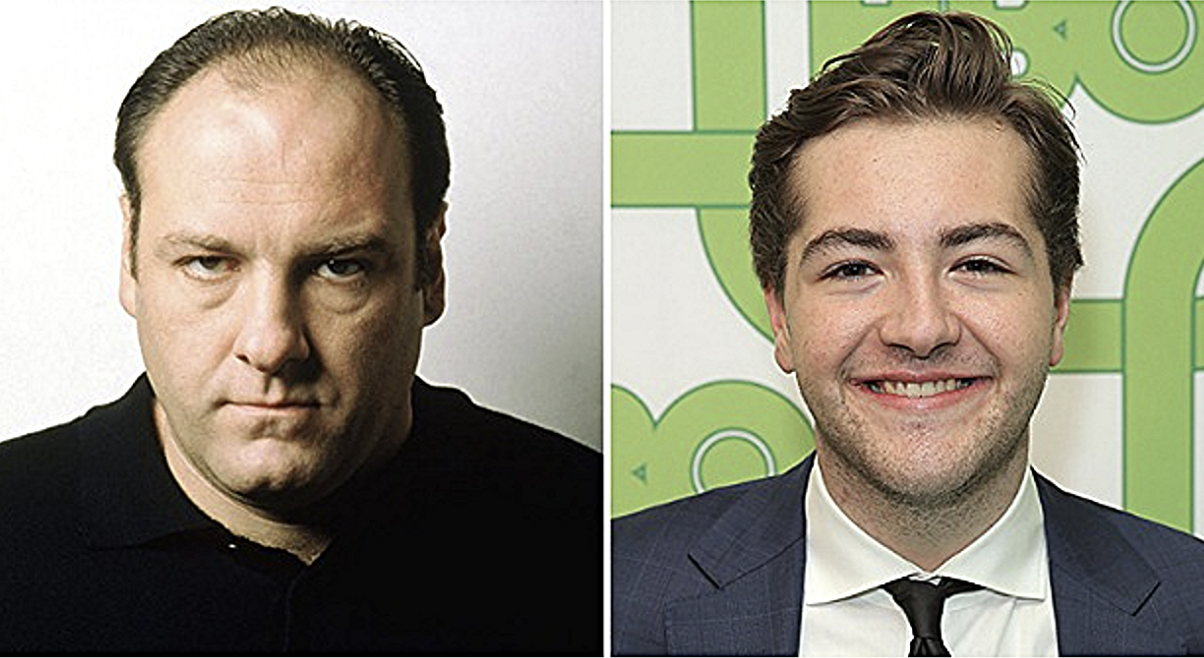It’s time to rectify the 1959 Oscars once and for all. Better late than never. The winners of record will still retain their places in history, of course, but 61 years have passed, new perspectives have emerged, and it’s time to ratify the new deal. But without being too rigid-minded.
Charlton Heston gave a first-rate performance in Ben-Hur, and rode that film’s political coattails to win a Best Actor Oscar. But who watches that 1959 Biblical epic today to savor Heston’s emoting? The film is admired, justly, for the sea battle and chariot race sequences, for Robert Surtees‘ cinematography, and for the huge expensive sets. But HE has another Best Actor winner in mind.
Starting from the top…
BEST MOTION PICTURE: Alfred Hitchcock‘s North by Northwest. 1st Runner Up: Billy Wilder‘s Some Like It Hot. 2nd Runner Up: John Ford‘s The Horse Soldiers. 3rd Runner Up: Lewis Milestone‘s Pork Chop Hill. 4th Runner Up: Otto Preminger‘s Anatomy of a Murder.
BEST DIRECTOR (ditto): Alfred Hitchcock, North by Northwest.
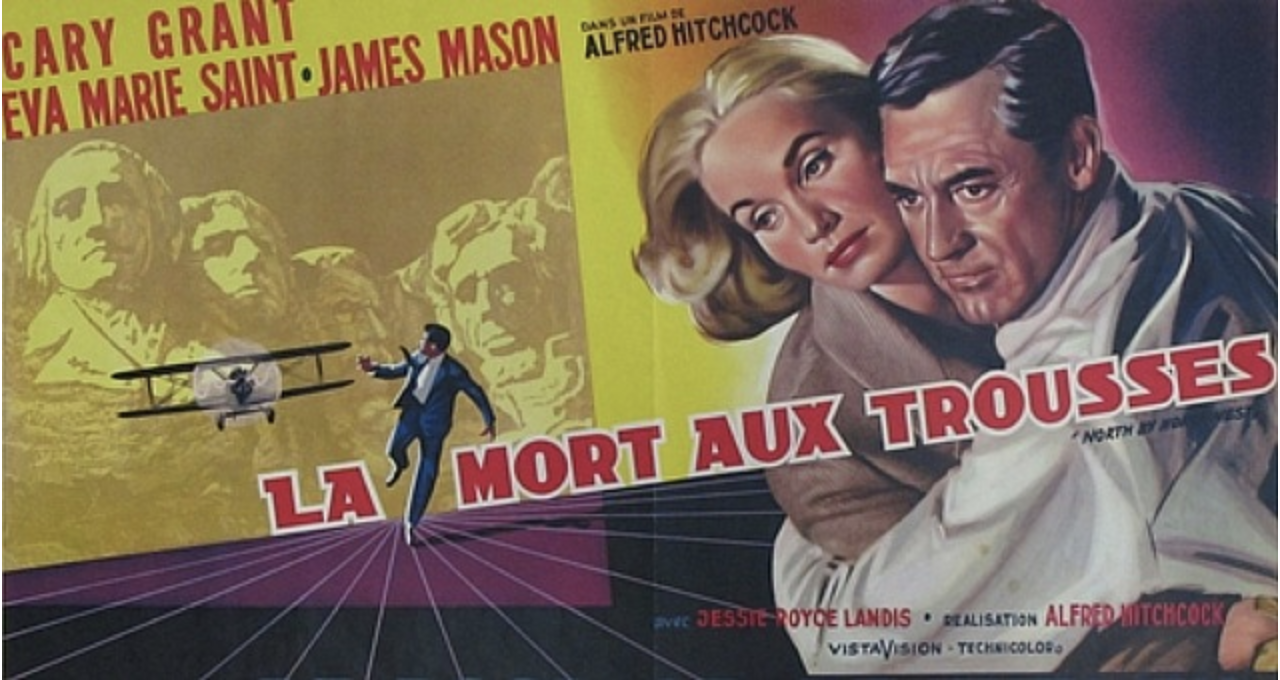
BEST ACTOR: Tie between Cary Grant, North by Northwest, and Jack Lemmon, Some Like It Hot. Other nominees: James Stewart, Anatomy of a Murder; Gregory Peck, Pork Chop Hill; Laurence Harvey, Room at the Top.
BEST ACTRESS: Marilyn Monroe, Some Like It Hot. Runners-Up: Simone Signoret, Room at the Top; Anna Magnani, The Fugitive Kind; Audrey Hepburn, The Nun’s Story; Claire Bloom, Look Back in Anger.
BEST SUPPORTING ACTOR: Tie between Joe E. Brown, Some Like It Hot and Fred Astaire, On The Beach. Runners-up: Dean Martin, Rio Bravo; Rip Torn, Pork Chop Hill; George C. Scott, Anatomy of a Murder; Hugh Griffith, Ben-Hur.
BEST SUPPORTING ACTRESS: Joanne Wpodward, The Fugitive Kind. Runners-Up: Maureen O’Hara, Our Man in Havana; Shelley Winters, The Diary of Anne Frank; Juanita Moore, Imitation of Life; Ava Gardner, On The Beach.
BEST FOREIGN LANGUAGE FILM: The 400 Blows, d: Francois Truffaut. Runner-Up: Pickpocket, d: Robert Bresson.


